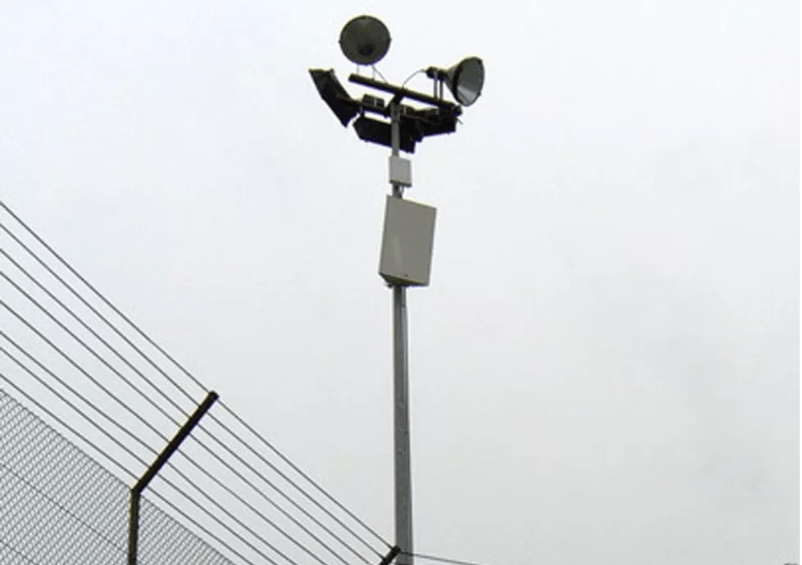One popular yet controversial method for achieving this is the use of GPS jammers and audio or voice protection systems, commonly referred to as voice jammers. While these devices may seem like an effective way to evade digital tracking and surveillance, it’s crucial to understand the legal implications associated with their use. GPS jammers, for instance, are illegal devices that can interfere with the operation of satellite navigation systems, posing a significant threat to public safety and national security.
On the other hand, audio jammers, while accurately named, serve a completely different purpose and are legal and ethical to use. These devices are designed to protect private conversations from unauthorized eavesdropping, rather than jamming or disrupting any form of electronic communication. As such, they provide a safe and secure way to maintain privacy in both personal and professional settings.
It’s important to note that while these counter surveillance devices may offer a sense of security, they should not be used as a substitute for robust privacy practices and secure communication methods. Instead, they should be viewed as complementary tools that can enhance privacy when used responsibly and within the bounds of the law.
GPS Jammer: What It Is & Its Functions
These devices are typically discreet and easy to install, often plugging into a cigarette lighter or similar auxiliary power source. They emit an interference signal (1575.42 Mhz) that can cover a range of up to 10 meters, making them effective in blocking GPS signals in close proximity. Once activated, a GPS jammer can be operational in less than 20 seconds, providing instant protection against unwanted tracking.
Despite their apparent convenience and affordability, GPS jammers are illegal and pose significant risks. Their use is prohibited by law due to their potential to interfere with critical automobile data transmission, including fuel economy, engine health, driving habits, and general vehicle statistics. This information is crucial for enhancing driver safety, improving vehicle efficiency and productivity, and ensuring compliance with federal regulations. Additionally, GPS jammers can also disrupt air traffic signals, posing a serious threat to aviation safety.
Moreover, the misuse of GPS jammers has been associated with a range of illegal activities. These devices have been used to conceal illegal acts, facilitate car theft, evade responsibilities while using company vehicles, and evade police radar detection to avoid speeding tickets. As a result, violators of the Communications Act of 1934 face severe legal consequences, including jail time and fines up to $112,500. Even manufacturers of GPS jammers have been heavily fined for selling these illegal devices.
Audio Jammer: What Is It?
The legality of audio jammers stands in stark contrast to GPS jammers. Unlike the latter, which can be deemed illegal due to their interference with vital signals from government organizations and potential threat to public safety, audio jammers are completely legal and do not pose any such risks. In fact, their utilization not only serves to safeguard your confidential information and private conversations but also contributes to the enforcement of the law. As of 2018, recording conversations without the consent of all parties involved is illegal in 11 states, highlighting the importance of audio jammers in maintaining privacy rights.
Protecting yourself and your sensitive information is paramount, and audio jammers offer a convenient and lawful means to achieve this. With their ability to effectively neutralize microphones and wiretapping devices, these devices provide a sense of security and peace of mind during private conversations. However, it is crucial to ensure that the use of audio jammers remains within the confines of the law, safeguarding the privacy of others as well.
